Refrigeration is a great way to keep many foods fresh for longer, but not everything belongs in the fridge. Some foods can lose their flavor, texture, and even nutritional value when stored at low temperatures. Here are some common foods you should never store in the refrigerator:
1. Tomatoes
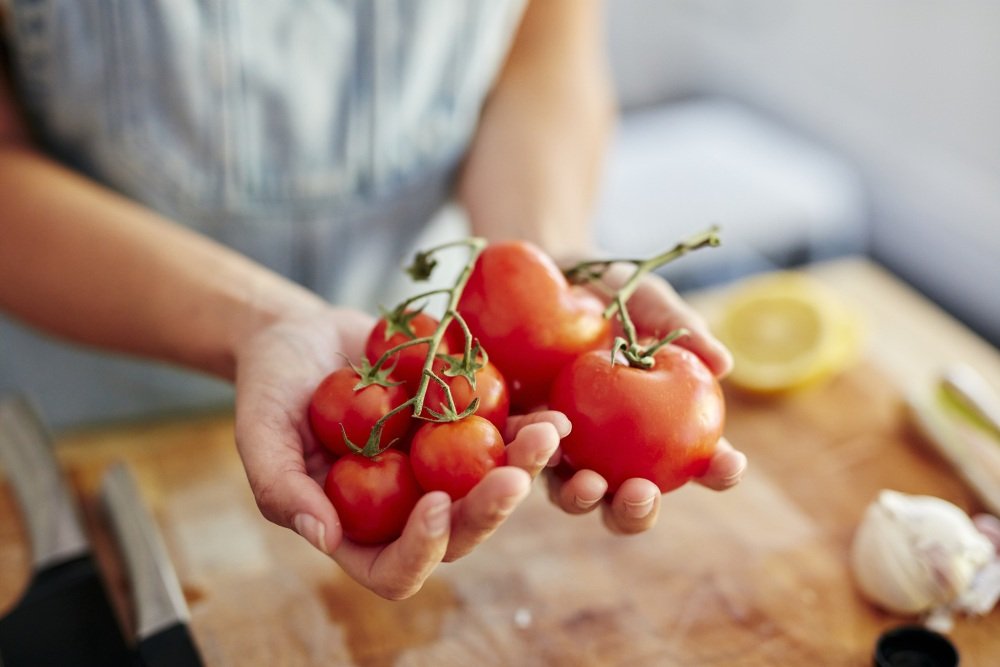
Refrigerating tomatoes can alter their texture and flavor. The cold temperature breaks down the cell structure, making them mealy instead of firm and juicy. Instead, keep them at room temperature to ripen naturally.
2. Potatoes
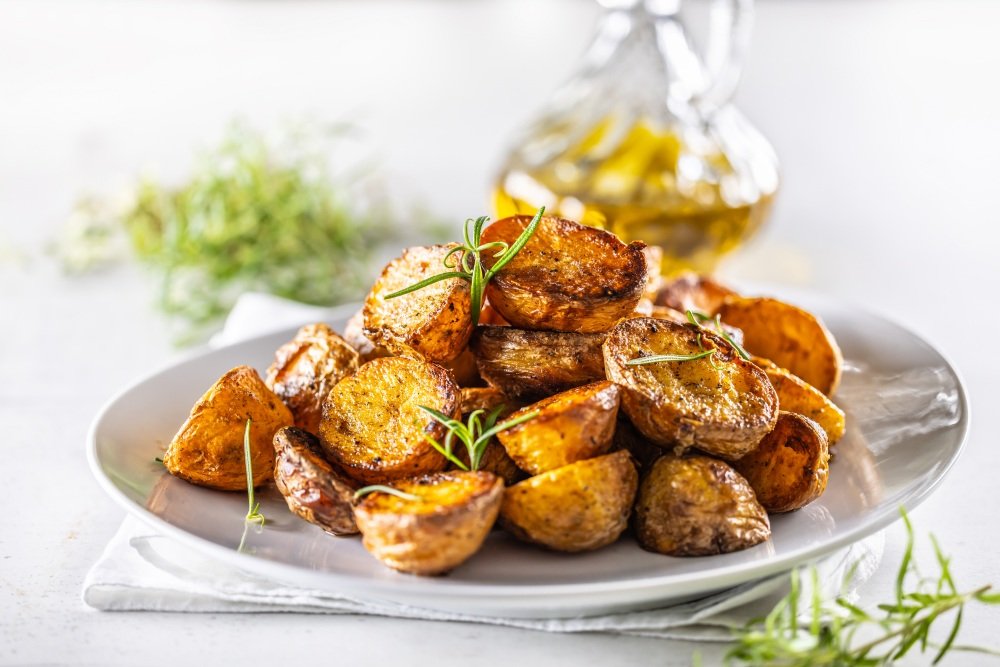
Cold temperatures convert potato starch into sugar more quickly, leading to a gritty texture and overly sweet taste when cooked. Store potatoes in a cool, dark place, such as a pantry or cellar, in a breathable bag.
3. Onions
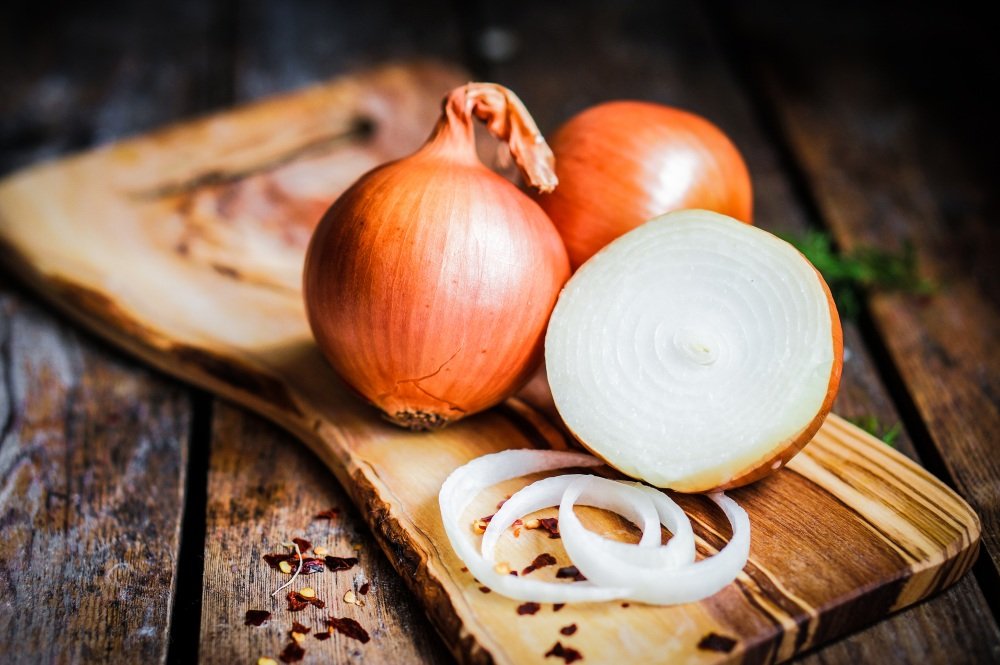
Moisture in the refrigerator causes onions to become soft and moldy. Keep them in a dry, well-ventilated place, away from potatoes, which emit gases that accelerate spoilage.
4. Garlic
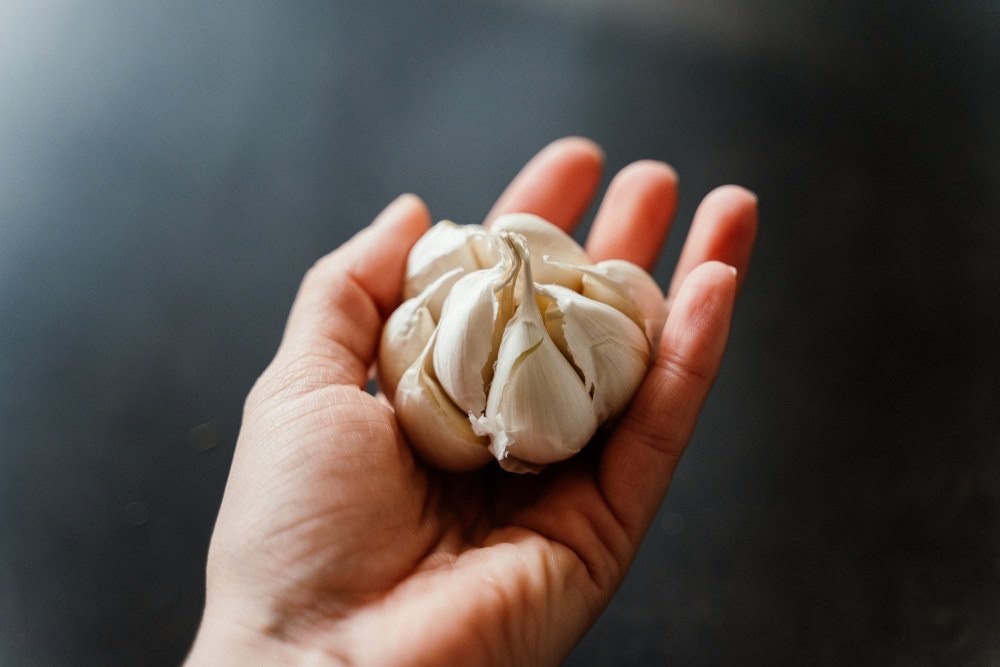
Like onions, garlic should be stored in a cool, dry area with good airflow. Refrigeration can cause garlic bulbs to sprout faster and become rubbery.
5. Bread
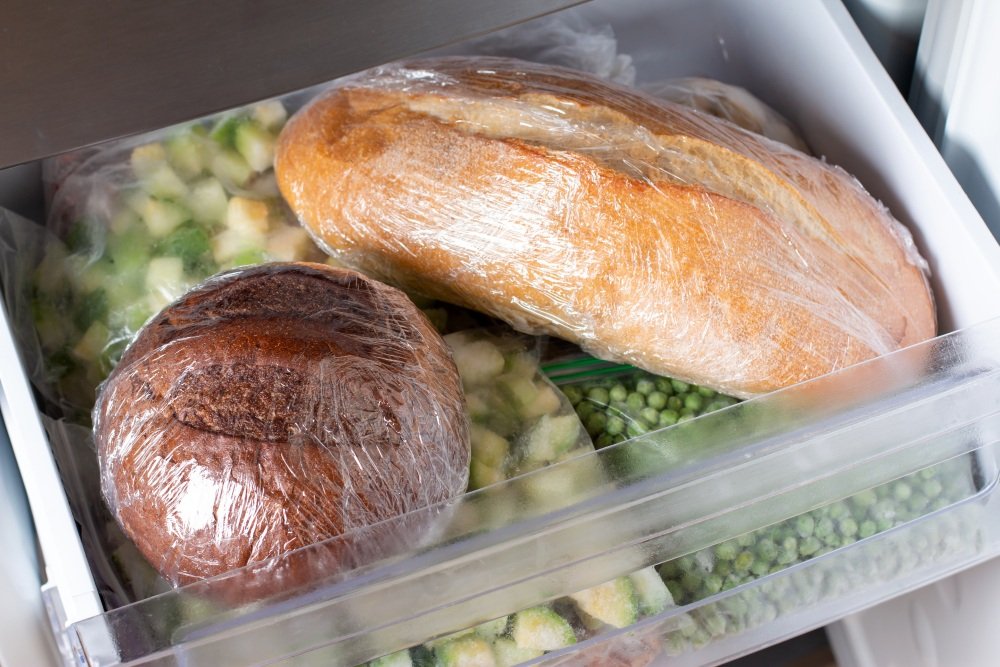
Refrigerating bread makes it go stale faster due to moisture loss. Instead, store it at room temperature in a breadbox or freeze it if you need to keep it longer.
6. Honey
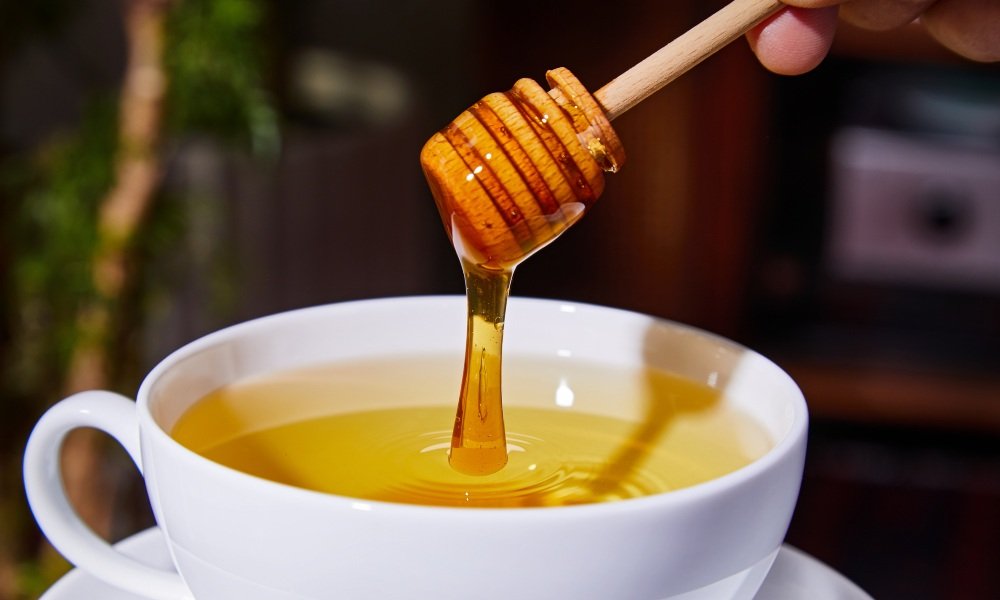
Honey is a natural preservative and does not need refrigeration. Cold temperatures can cause crystallization, making it difficult to pour. Store honey in a tightly sealed container at room temperature.
7. Avocados
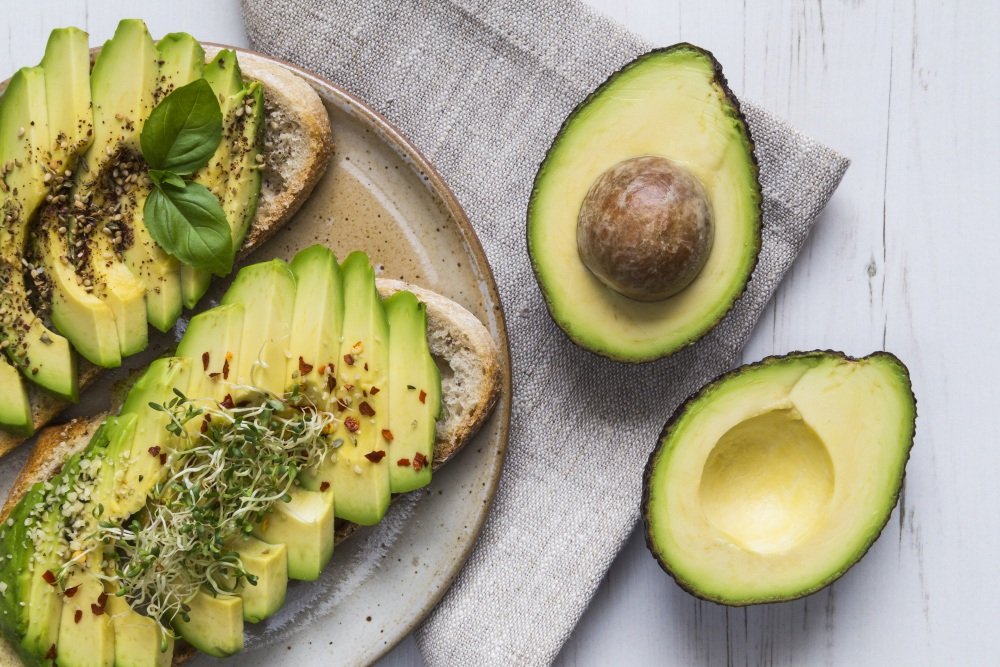
If you refrigerate unripe avocados, they may never ripen properly. Keep them at room temperature until they soften, then refrigerate if necessary to slow further ripening.
8. Coffee

Both ground coffee and coffee beans absorb moisture and odors from the refrigerator, which can alter their flavor. Store coffee in an airtight container in a cool, dark place.
9. Bananas
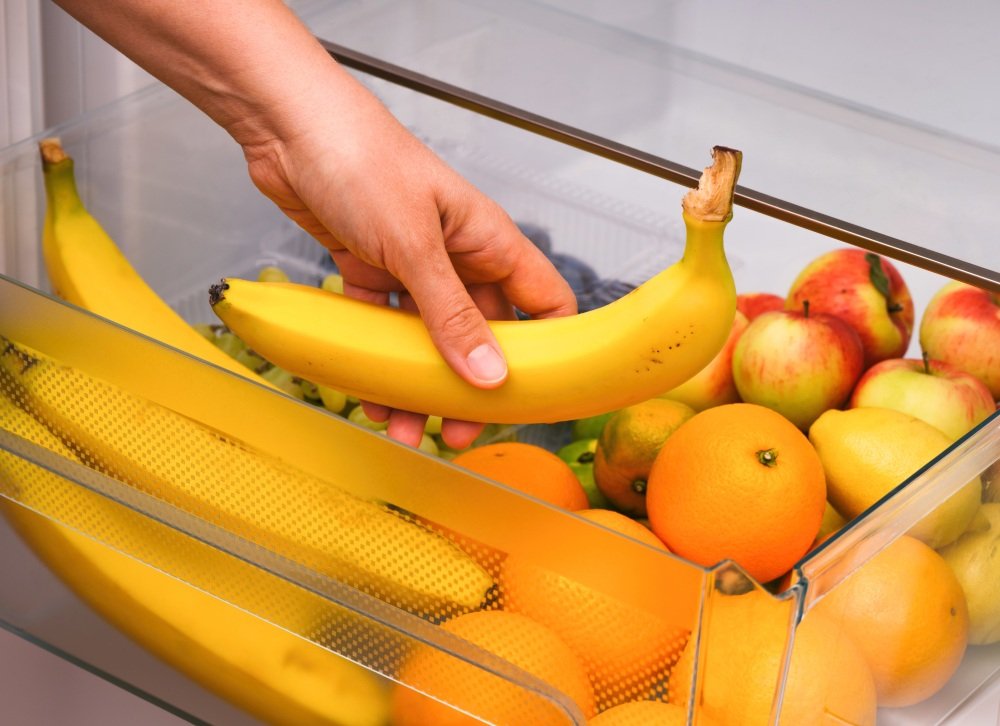
Cold temperatures slow the ripening process and cause banana peels to turn black. Keep bananas on the counter until ripe, then move them to the fridge if needed to prolong freshness.
10. Basil and Fresh Herbs

Refrigeration can cause fresh herbs like basil to wilt and absorb unwanted odors. Instead, store them in a glass of water at room temperature, like fresh flowers.
11. Olive Oil
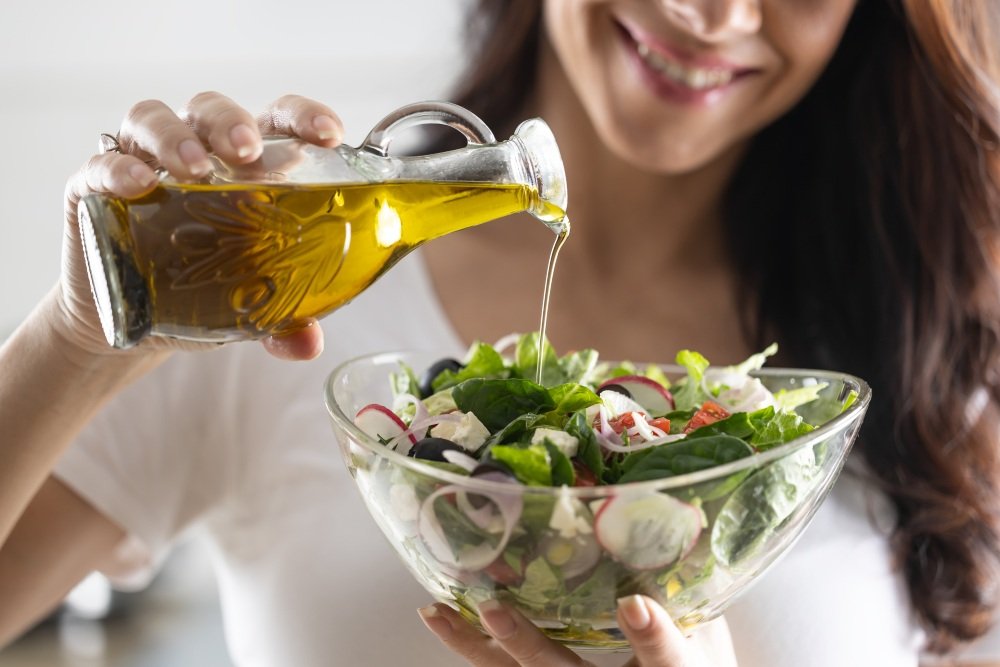
Refrigerating olive oil can cause it to solidify and develop a cloudy appearance. Keep it in a cool, dark place instead.
12. Chocolate
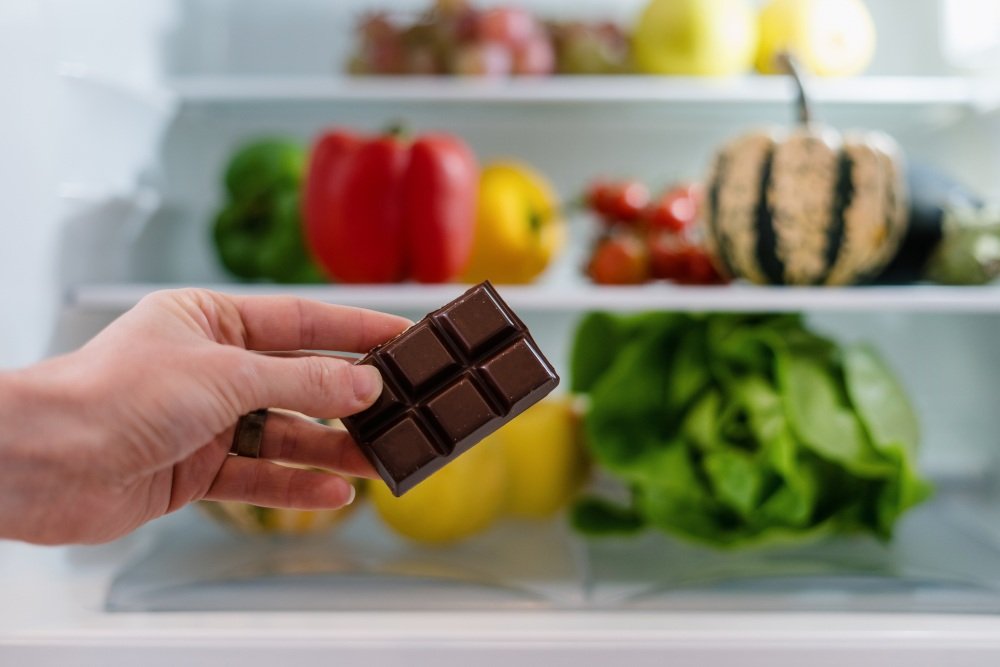
Storing chocolate in the fridge can cause it to develop a white, chalky coating known as “sugar bloom” due to condensation. Store it in a cool, dry place instead.
13. Citrus Fruits
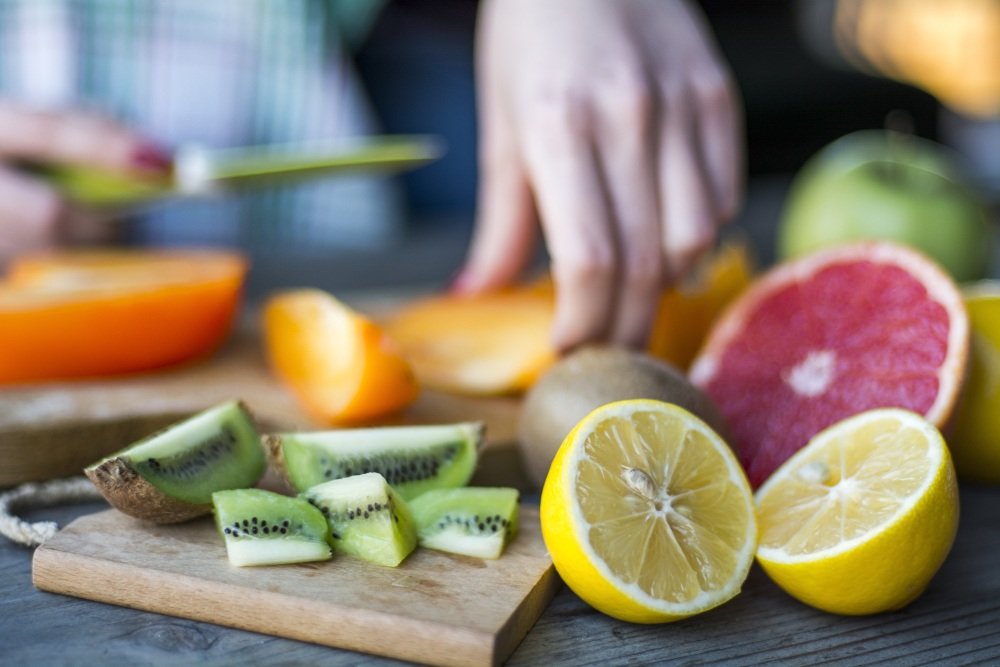
Lemons, limes, and oranges do best at room temperature. Refrigeration can make their skins hard and dull their natural flavor.
14. Melons (Before Cutting)
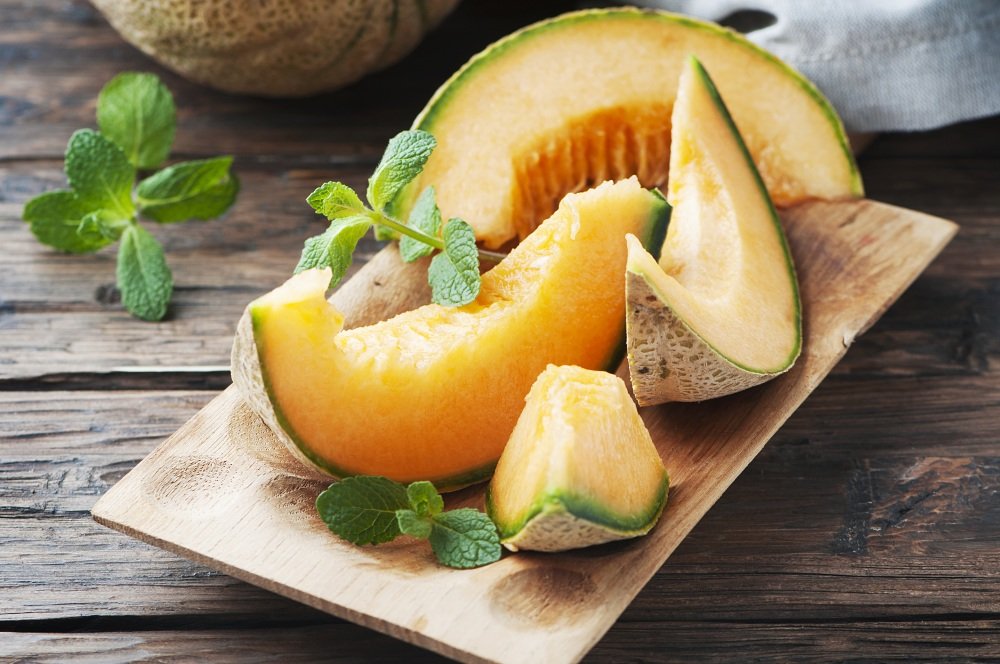
Whole melons, such as watermelon and cantaloupe, should be stored at room temperature until cut. Refrigerating them too soon can reduce their antioxidant content and flavor.
15. Ketchup and Hot Sauce
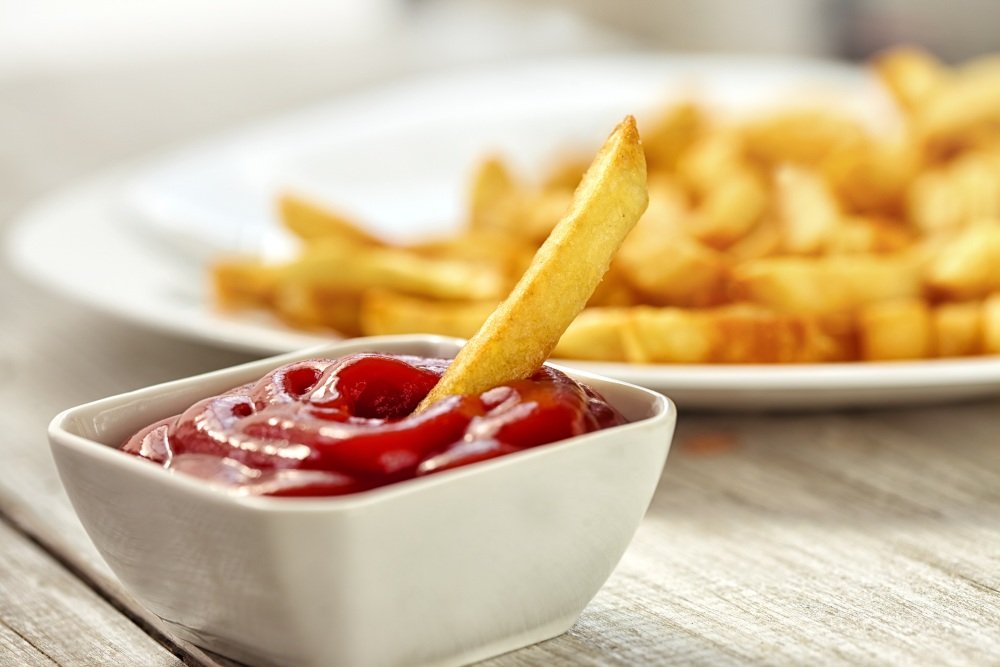
Due to their vinegar and salt content, many condiments like ketchup and hot sauce are shelf-stable. Refrigeration isn’t necessary unless you prefer them chilled.
While refrigeration is essential for preserving many foods, certain items actually deteriorate in quality when exposed to cold temperatures. Understanding which foods should be stored at room temperature can help maintain their flavor, texture, and longevity.








